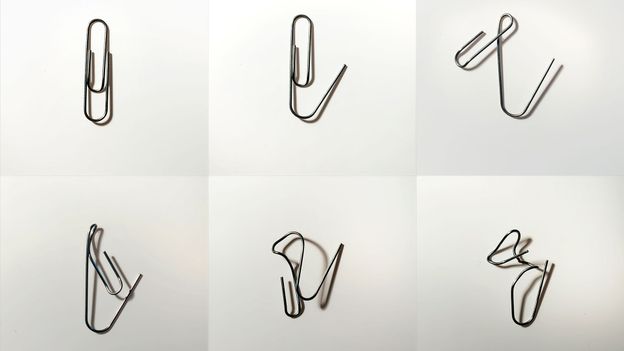Fidgety people tend to daydream, which can distract them at school and work. But fidgeting, like doodling, can also provide physiological stimulation, which can help some people focus on a task. In one experiment, people who doodled throughout a phone call remembered 29% more details than those who did not, suggesting the activity may aid cognitive performance, although more research is needed.
Research by Katherine Isbister, a professor of computational media at the University of California, Santa Cruz, has indicated that people often choose to fidget with objects – such as paper clips, folded pieces of paper or widgets – that provide the right level of stimulation when they need.
In some cases, it can depend on the type of movement involved as to whether it is associated with good task performance, adds Melin. He gives the example of a professional tennis player bouncing a ball before serving. “They do not need to bounce the ball for a serve, but many professionals find a pre-serve routine helps them focus,” he says.
However, swatting a fly before hitting a serve would be an example of a non-stereotyped movement. In other words, some actions can sharpen our focus, while other movements that are unrelated to completing a task seem to distract us.
“What we still don’t know is the directionality of this relationship,” says Melin. “Do stereotyped movements actually cause better task performance, or are they merely a symptom of a person who is actively engaged in the task at hand?”
Melin is intrigued by whether movements have a causal impact on sophisticated thinking skills, because they could potentially be used to help people with ADHD, who can be prone to fidgeting, and other conditions that affect behaviour.
A longer life?
While there is no evidence to show that fidgeting directly leads to a longer life, experts know that chronic stress can shorten our lifespan, while a sedentary lifestyle increases all causes of mortality, doubling the risk of cardiovascular diseases, diabetes, and obesity, as well as increasing the risks of depression and anxiety. Fidgeting may help with both.
For one, fidgeting may help us cope with stress. In one study, 42 men were put in a stressful situation, given a simulated job interview followed by a mental arithmetic task that they had to complete in front of two people. Researchers found that those who fidgeted by displaying “displacement behaviours” such as scratching, biting their lips or touching their face found the experience less stressful.

